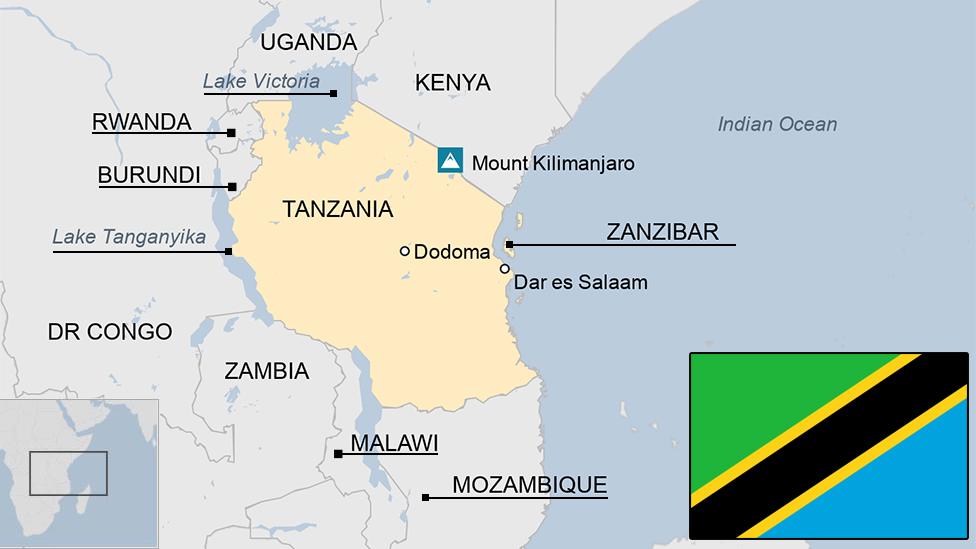Kenya country profile
- Published
This page is no longer being updated. It was last updated on 4 July 2023
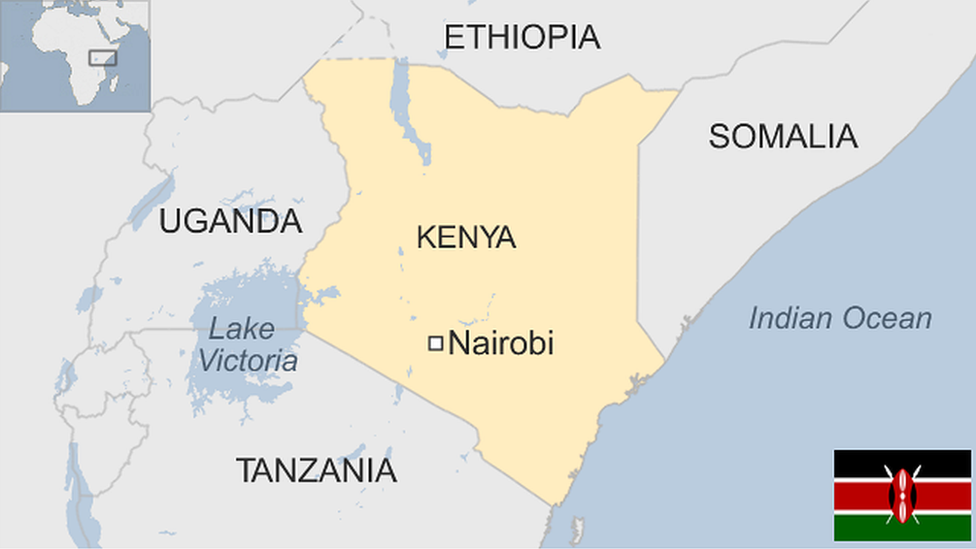
Situated on the equator, Kenya is a major economy on Africa's east coast, with tangible links to early humankind.
In the East African Rift Valley palaeontologists have discovered some of the earliest evidence of man's ancestors.
In the present day, Kenya's ethnic diversity has produced a vibrant culture but is also a source of political conflict.
A former British colony, Kenya gained independence after the Mau Mau insurgency of the 1950s.
The origins of the insurgency remain disputed by historians and its conduct became a controversial legacy for independent Kenya. In 2013, the British government paid compensation to claimants who said they had been the victims of abuses by colonial forces fighting the rebellion.
The jihadist movement Al-Shabab, based in neighbouring Somalia, has launched many attacks in Kenya, mostly in the north-east, but also two high-profile and mass-casualty assaults in Nairobi: on the Westgate shopping mall in 2013 and the DusitD2 complex in 2019.
Other pressing challenges include high unemployment, crime and poverty. Droughts frequently put millions of people at risk.
Read more country profiles, external - Profiles by BBC Monitoring, external
REPUBLIC OF KENYA: FACTS
Capital: Nairobi
Population: 55 million
Area: 580,367 sq km
Languages: Swahili, English
Life expectancy: 64 years (men) 69 years (women)
LEADER
President: William Ruto
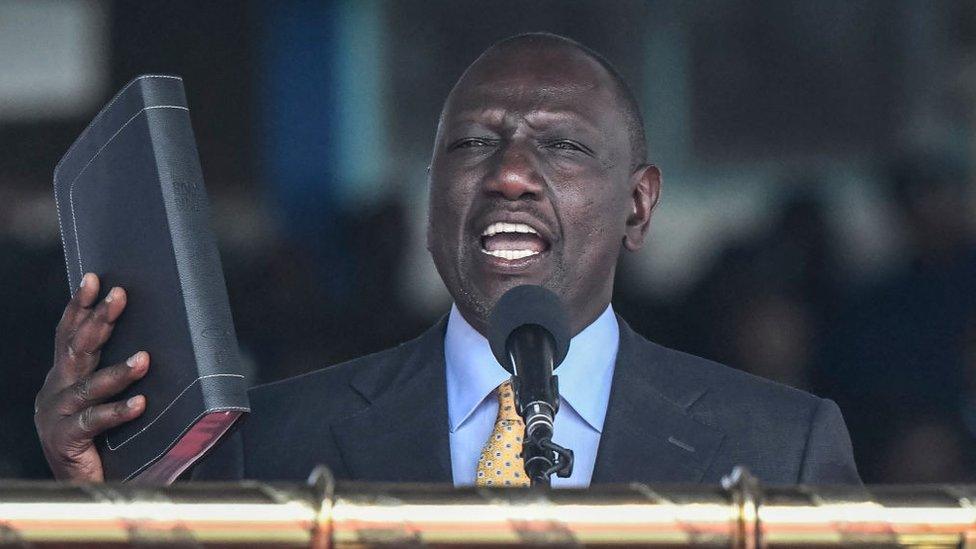
In August 2022, Deputy President William Ruto narrowly won the presidential election. He took 50.5% of the vote. His main rival, Raila Odinga, got 48.8% of the vote
The incumbent president Uhuru Kenyatta was not eligible for a third term under Kenya's constitution.
On 22 August, Odinga filed a petition at the Kenyan Supreme court challenging the results, but on 5 September, the Kenyan Supreme Court rejected the challenge and upheld Ruto's victory.
William Ruto had a childhood that epitomises the lives of many poor Kenyans. He went to primary school barefoot, wearing his first pair of shoes at the age of 15.
Mr Ruto ran his campaign under the banner of Kenya Kwanza, Swahili for Kenya First, with a promise to grow the economy.
Kenya's official unemployment rate for 18 to 34-year-olds is nearly 40%, and the economy is not creating enough jobs to absorb the 800,000 young people joining the workforce every year.
Ruto has promised a bottom-up approach to the economy, saying it will benefit the poor who are bearing the brunt of the cost of living crisis that has hit the world following the coronavirus pandemic and the war in Ukraine.
MEDIA
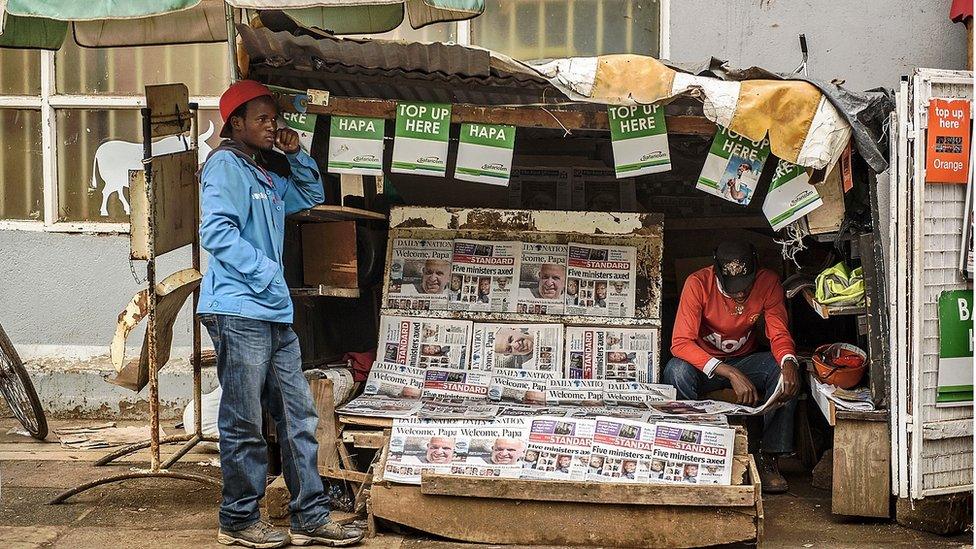
A handful of major commercial companies dominates the media industry, operating alongside state-owned Kenya Broadcasting Corporation (KBC).
TV is the main news source in urban areas. Internet use is high by regional standards, driven by the use of mobile devices.
The competitive press scene is the most sophisticated in the region. Newspapers are free to criticise politicians and the government.
TIMELINE
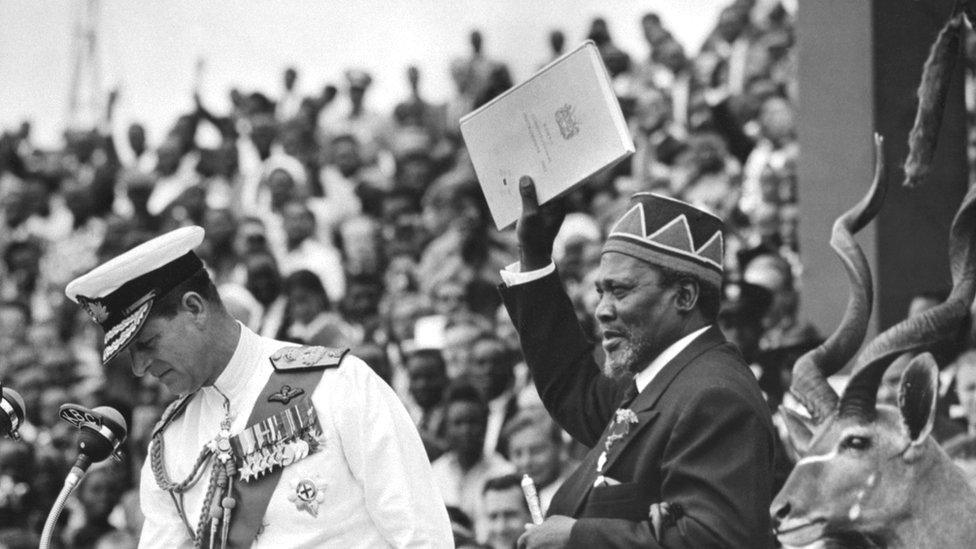
Jomo Kenyatta was inaugurated as president after a bitter struggle for independence from Britain
Some key dates in Kenya's history:
c 3.3 million BC - Evidence of some of the earliest human tools have been found in Kenya, suggesting that it was the cradle of humanity from which descendants moved out to populate the world.
600AD - Arabs begin settling coastal areas, over the centuries developing trading stations which facilitated contact with the Arab world, Persia and India.
1895 - Formation of British East African Protectorate.
1920 - East African Protectorate becomes crown colony of Kenya - administered by a British governor.
1944 - Kenyan African Union (KAU) formed to campaign for African independence. First African appointment to legislative council.
1947 - Jomo Kenyatta becomes KAU leader.
1952 - A mostly Kikuyu guerrilla group, officially the Kenya Land and Freedom Army but more often known as Mau Mau, begins violent campaign against white settlers. State of emergency declared, Jomo Kenyatta jailed, KAU banned.
The Mau Mau rebellion largely ends following the capture in 1956 of its leader Dedan Kimathi but the state of emergency is not lifted until 1960.
1961 - Jomo Kenyatta released and takes part in negotiations on the transition to independence.
1963 - Kenya gains independence, with Mr Kenyatta as prime minister.
1964 - Republic of Kenya formed. Jomo Kenyatta becomes president and Oginga Odinga vice-president.
1978 - Kenyatta dies in office, succeeded by Daniel arap Moi.
1991 - Kenya moves to a multiparty political system after 26 years of single-party rule.
1998 - Al-Qaeda operatives bomb the US embassy in Nairobi, killing 224 people and injuring thousands.
2002 - Al-Qaeda attack on Israeli-owned hotel near Mombasa kills 10 Kenyans and injures three Israelis. A simultaneous rocket attack on an Israeli airliner fails.
2002 - Mwai Kibaki wins a landslide victory, ending Daniel arap Moi's 24-year rule
2007 - Disputed general elections are followed by deadly violence.
2009 - Kenya says that at least 10 million people, or one third of the population, are in need of food aid. The government mobilises the military to distribute food, water and medicines to areas hit hardest by drought.
2010 - Kenya joins its neighbours in forming a new East African Common Market, intended to integrate the region's economy.
2010 - New constitution designed to limit the powers of the president and devolve power to the regions approved in referendum.
2011 - Kenya intervenes in conflict in Somalia and subsequently suffers several apparent reprisal attacks, including the 2013 massacre at Westgate shopping mall in Nairobi and the 2015 attack on Garissa University College in the northwest.
2014 - At least 48 people die after al-Shabab militants attack hotels and a police station in Mpeketoni, near the island resort of Lamu.
2017 - A multi-billion-dollar railway line linking Mombasa to the capital Nairobi is opened, it is Kenya's biggest infrastructure project since independence.
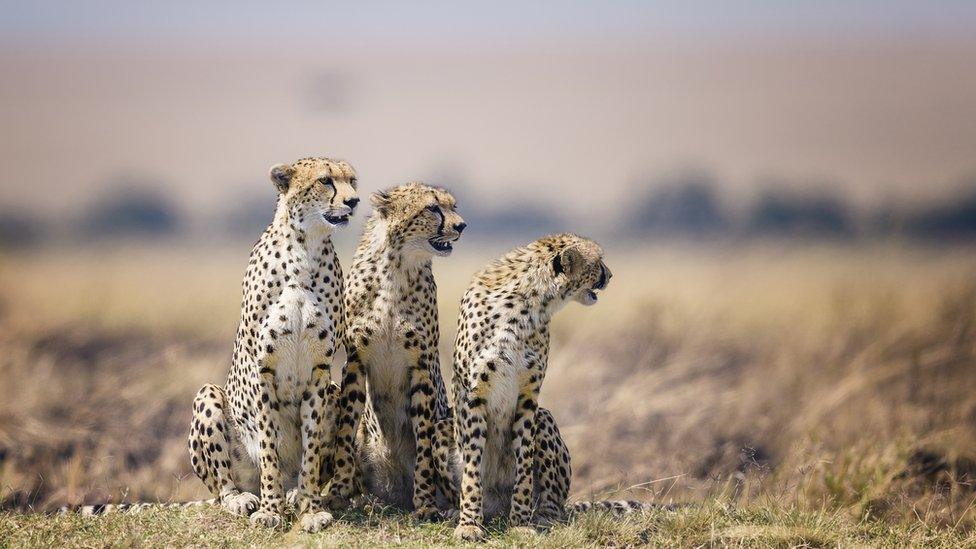
Cheetahs in Kenya's Maasai Mara game reserve
- Published26 April 2023
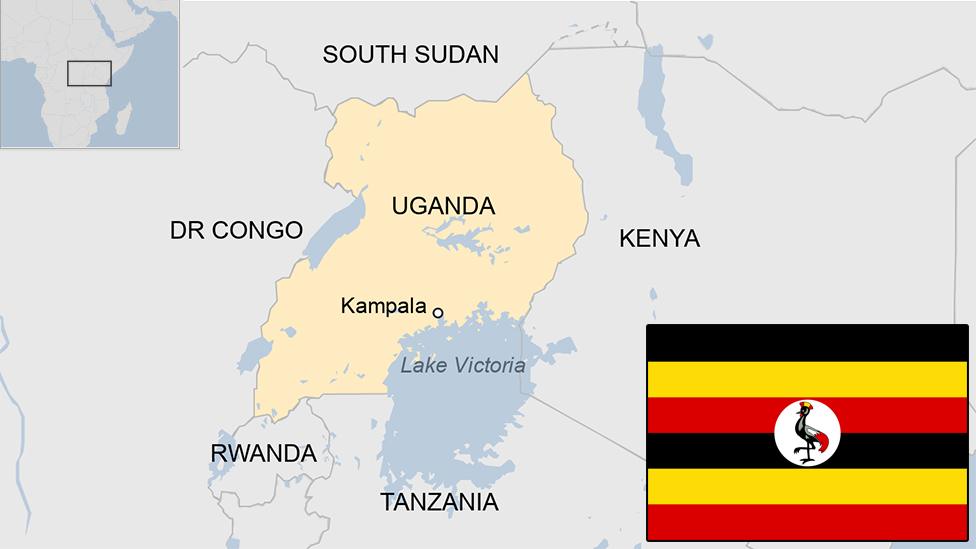
- Published18 April 2023
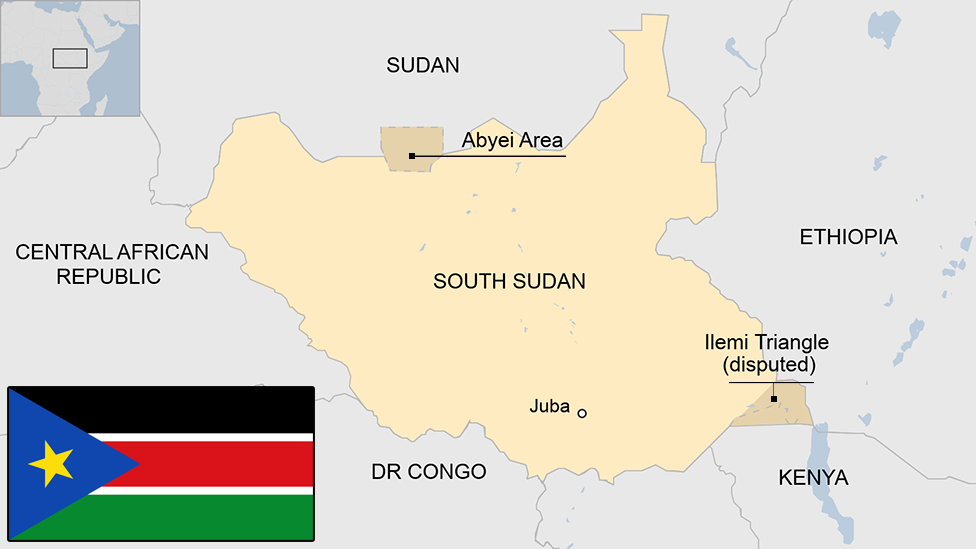
- Published2 January 2024
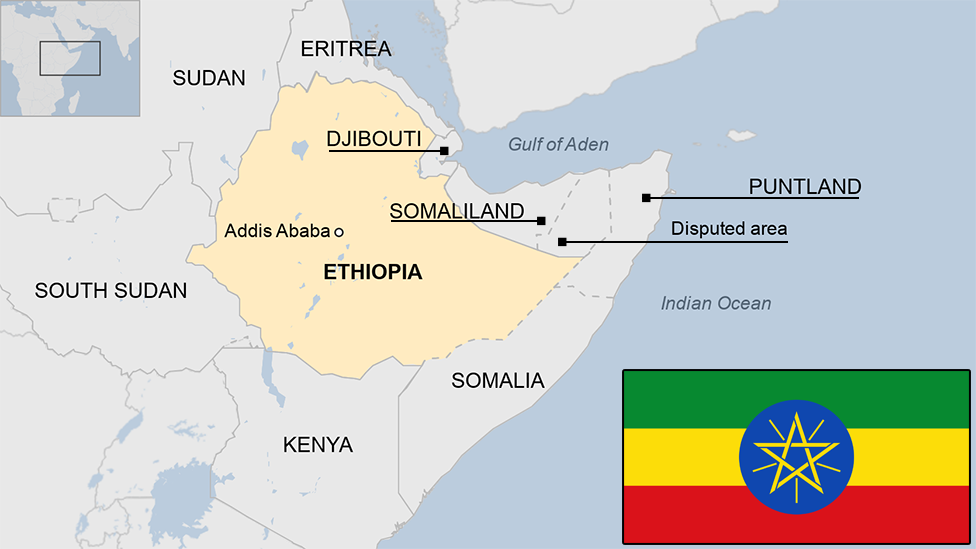
- Published2 January 2024
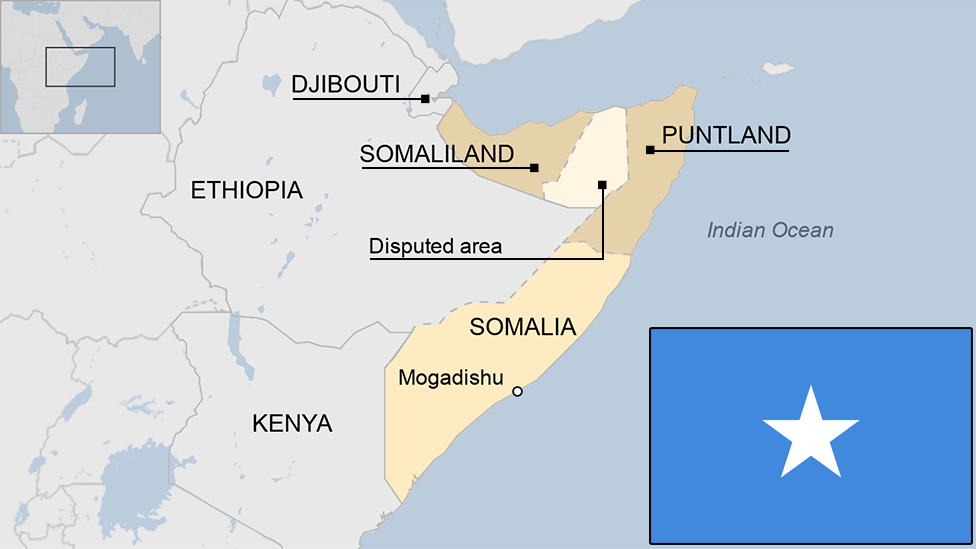
- Published2 May 2023
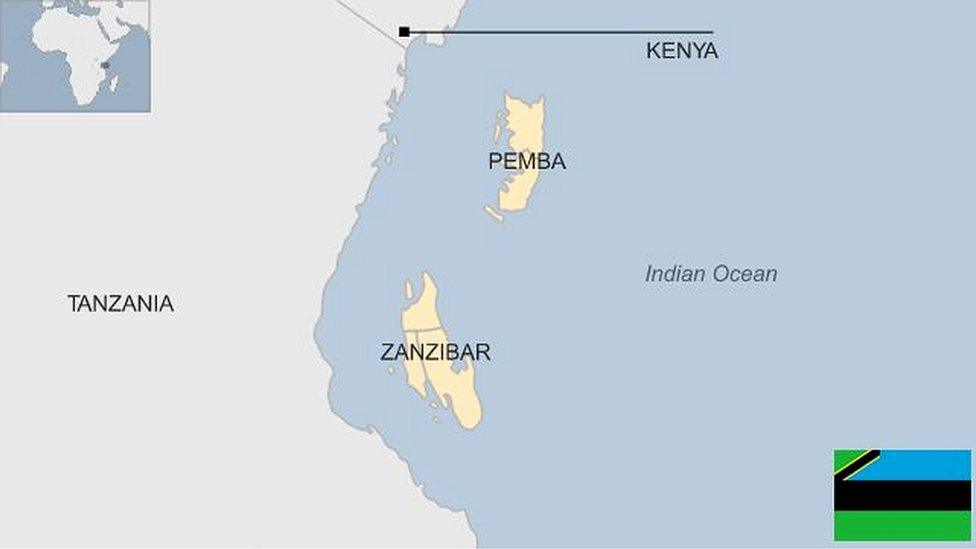
- Published2 May 2023
